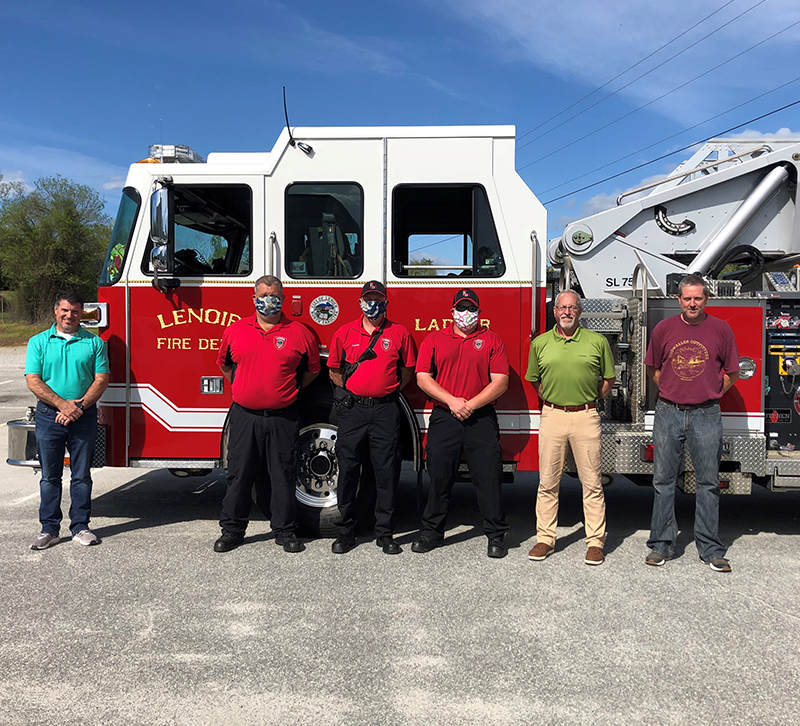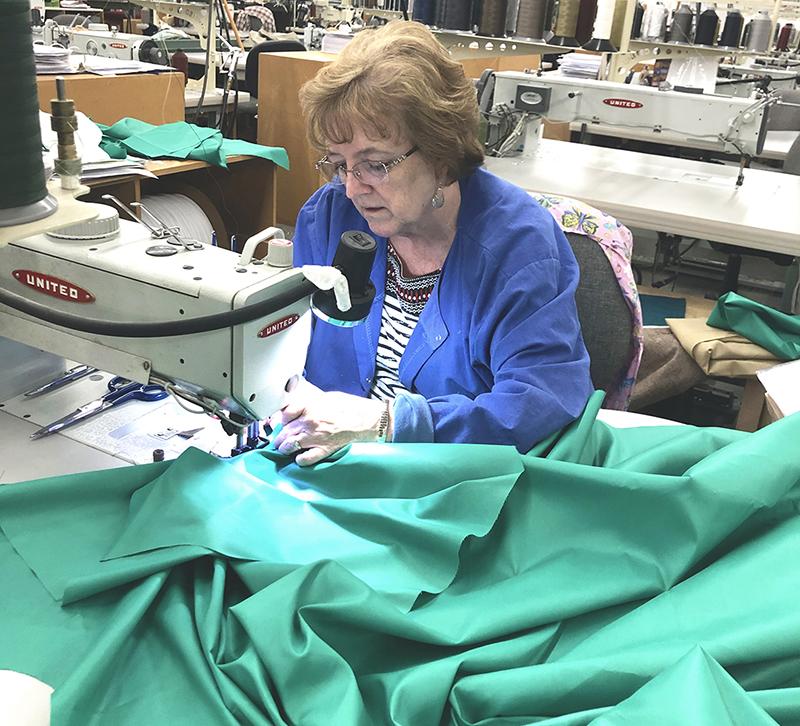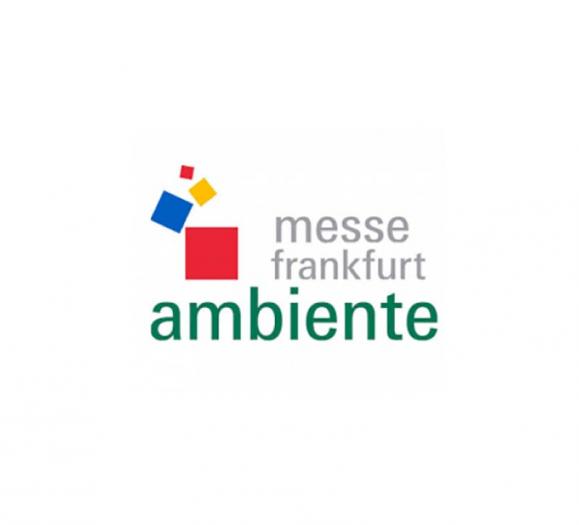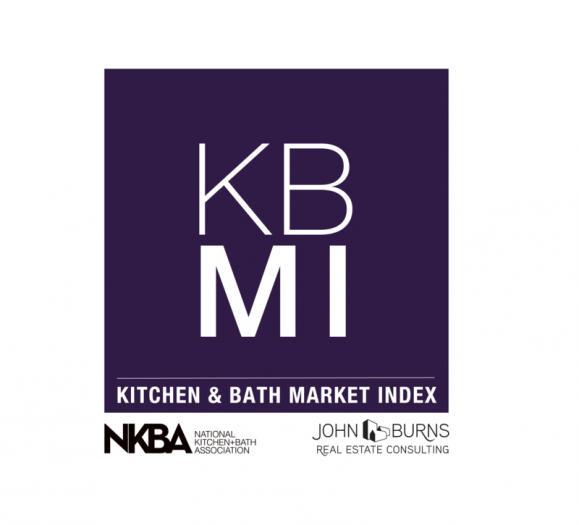Like so many other companies in the home furnishings industry, Fairfield Chair has heeded the call for the need for PPE (personal protective equipment) from healthcare workers around the country, and has taken the necessary steps to be able to deliver.
The decision to pivot to creating PPE came about from the need to protect frontline health workers in hospitals and the senior care facilities across the country that Fairfield furnishes, said Dixon Mitchell, Fairfield’s CEO.
The NC-based upholstery and furniture manufacturer has maintained its essential status throughout the crisis — the company delivers furniture to the commercial/hospitality and senior living channels as well as retail.
While Fairfield is making community-grade masks and medical face shields as well, it has also focused on another underserved segment of PPE — level 1 surgical gowns. The gowns the company is producing are reusable and washable with bleach up to 50 times. Level 1 gowns are designed for basic care and standard isolation. However, to achieve Level 1, materials have to be fluid-resistant and follow strict government guidelines. “One hundred percent of our goal has been to get certified and registered with FEMA and the Department of State,” Mitchell notes.
Through Fairfield Vice President of Imports Doug McClurd, the company has been able to connect with President Trump’s Trade Adviser Peter Navarro’s office, which provided regulation-approved patterns and connected Fairfield with fabric suppliers to provide materials that meet specifications.

All Hands on Deck for PPE
At the beginning of the COVID-19 crisis, Fairfield, like many other furniture manufacturers, endured a short furlough of some employees, but with essential status and PPE production, it has been able to bring its staff back, although some in different capacities as order demand has grown for the gowns in hospitals, nursing homes and other medical facilities into the tens of thousands around the country. “We partnered with local folks to sew some of these, and redeployed office workers have volunteered to sew gowns full-time,” says Mitchell. “It’s been quite the journey.”
To protect its workers, whether focused on PPE or furniture production, Fairfield is taking safety guidelines seriously, adding six-feet markouts in common areas and between workstations, along with signs to remind employees to social distance and wear masks while at work. In addition, the company has added sanitizer workstations and temperature stations to monitor and protect employee health.
Regarding connection with customers, Fairfield has polled them about communication preferences. “I surveyed customers before we shut down,” says Mitchell, and they are acting on the results from those survey responses. “Our team has been working on a design point of view, omnichannel and social media, creating stories and actively speaking to our audiences.” Those audiences include retail, commercial and senior living segments, as well as interior designers.
While PPE production came from the ability to pivot quickly and fill a need across the U.S. right now, Mitchell notes, it could very likely become a new division for Fairfield. The need for PPE doesn’t look to slow down for the next 12 to 24 months, Mitchell notes, and with the company’s focus on senior living, this is a segment where there will continue to be demand. When this crisis started, Mitchell adds, “the [PPE] stock was not there at any level. No one wants to get in a situation like this again. This ancillary division can continue to support our healthcare business.”







